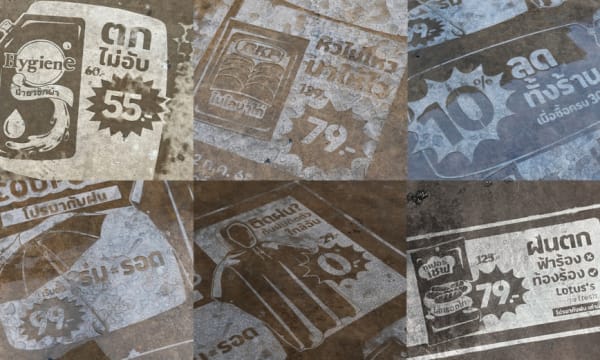Athletics are, of course, the main draw at the Olympic Games. But for marketers, the Olympics also represent a huge opportunity on a global stage. (Even though viewership was down this year, NBC still clocked an average 27.5 million viewers during prime time alone, while the Brazillian government predicted half a million tourists would visit Rio do Janeiro for the Games.)
How can a brand stand out among a sea of competition? At this year’s Olympics, sponsors focused on immersive experiences that showcased new technology, expressed a unique value proposition, or captured the fleeting attention of their Generation Z fans. Audience participation scored big, as did campaigns that pushed forward important social issues. Below, the top Olympics branded experiences pushing the envelope.
Samsung: 4D kayaking
For the first time this year, Samsung brought virtual reality coverage of the Olympics to the mainstream. NBC subscribers had access to more than 100 hours of virtual reality programming, allowing users to come as close as is technologically possible to experiencing the thrill of an Olympic event.
“VR technology carries incredible potential for the sport broadcast industry, offering a truly immersive user experience,” said Yiannis Exarchos, CEO of Olympic Broadcasting Services, in a press release. “VR has the power to enable hundreds of millions of people around the world to have a real sense of presence and participation in the most universal celebration of humanity, which is the Olympic Games.”
Samsung’s on-site Galaxy Studios, set in the Olympic Park, took the concept of full immersion to the next level. Fans could try Samsung’s new 4D kayaking, which paired an immersive 3D experience with a kayak motion simulator. Using footage shot with a 360° camera, Samsung was able to take viewers inside the heart of the athletic experience.
It’s a tech-forward push that certainly paid off for Samsung: More than a million fans visited the Galaxy Studios, the company reported, and more than 6 million downloaded Samsung’s official Rio app. As VR technology proliferates, look for even more creative, immersive events from savvy brands.








